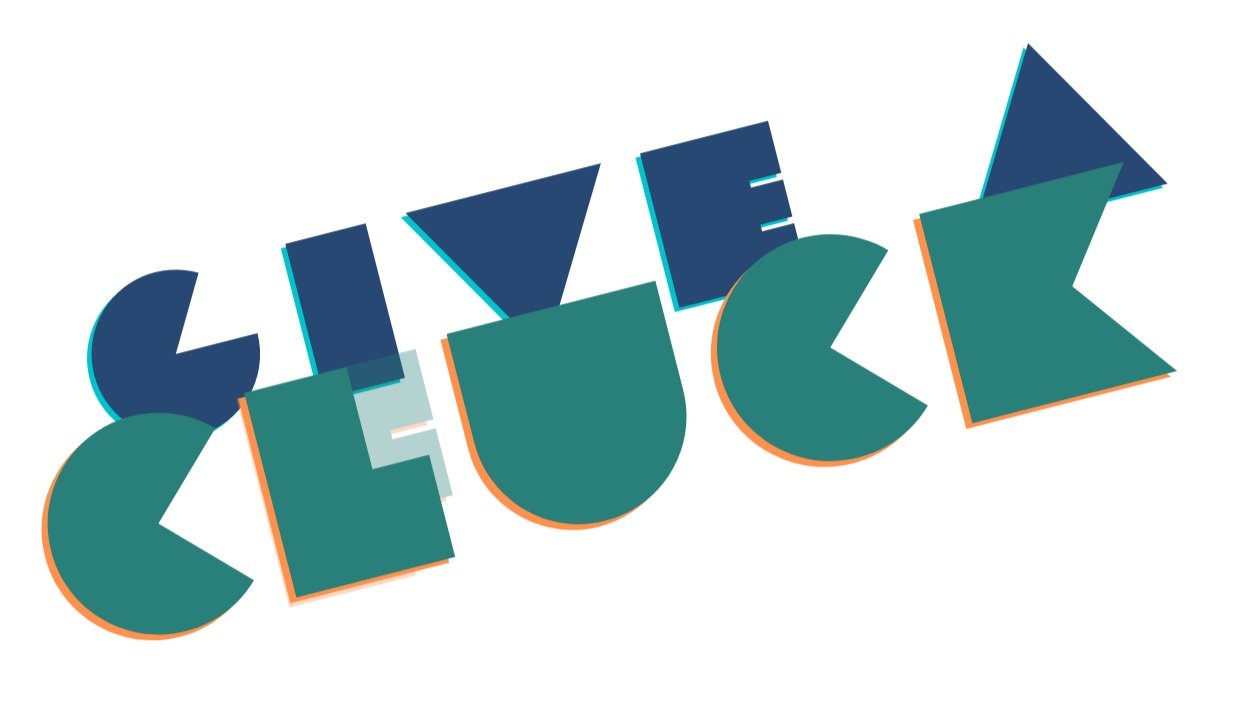Need versus Want
In 2015 someone asked me “what do you think the most important thing to know about sustainability is?” We had just been talking about the whole gambit: recycling, plastic free, organic, animal rights, humanity, human trafficking, rainforests and everything in between. I didn’t have a great answer so I threw down my default which is “eating as low on the food chain as possible is the best and easiest way to make a difference”, in other words, “go vegan”.
But this question and my half-assed answer bothered me for a good year or two. And now I have an answer that I really like.
The most important thing to know about being a responsible earthling is knowing the difference between what you need and what you want.
On paper, what you need and what you want is simple. We need water and food to live, a home and clothes to be safe, comfortable and presentable. Everything else is a bonus. But in practice, it becomes very hard because it turns into how much do we really need of each. It becomes the difference between whether you can buy something or whether you should buy it. And when we have to differentiate and quantify our needs versus our wants, you start to question who you are, and why you are the way you are.
NEED is for survival, efficiency, and functionality.
WANT is a surface fix for a greater problem at hand/heart/soul.
All we need for survival is food, shelter, and clothing - everything else is white noise. When you travel the world and meet people from all walks of life, one of the major take-away messages and thoughts we have is “wow, we live a privileged life”. We take note of it, we make grand plans “to be better”, then we get home, caught up in every day life, and forget. Let’s try not to forget this time.
We NEED clean healthy foods. We WANT the steak, the cheeseburger, that coke, and that third $5 fancy coffee of the day.
We NEED clothes on our back. We WANT the high-end labels, the trendy, and the excess of clothes we just leave in our closets.
We NEED a roof over our heads. We WANT to move out of our family homes, the apartment with the view, and the place that makes friends jealous.
But as I said before, it’s not that simple. “If you’ve got a big hole in your heart, then I guess you need to fill it with something.” (The Dirt) In this modern time, we are being overwhelmed with ads and marketing tactics to trick us into thinking that we need something for just enough time to impulse buy it. We are being bombarded with ads for things that promote quick-fix solutions, ads to make us hungry when we just ate, ads to make us feel FOMO, and ads that make us feel less than enough. So if you have not built up your protective armour and shield to guard yourself from the constant onslaught of psychologically designed ads, we all fall victim to unnecessary spending and habits which in turn cases financial restraints which then puts more stress on our lives.
These days, what do we fill the holes in our hearts with? We fill it with alcohol, sex, drugs, clothes, food, toxic relationships, work, and anything destructive we can get our hands-on. We are all a little bit broken, we just need to recognise it, take stock and slowly take steps to accept our character flaws as they are and in some cases, fix what is very broken.
Our planet simply cannot cope with billions of consumers buying all the things they think they want but do not need. Less is more. Minimalism is the way forward. And stay humble.
I leave you with three quotes that fundamentally changed the way I think
“We but mirror the world. All the tendencies present in the outer world are to be found in the world of our body. If we could change ourselves, the tendencies in the world would also change. As a man changes his own nature, so does the attitude of the world change towards him. This is the divine mystery supreme. A wonderful thing it is and the source of our happiness. We need not wait to see what others do.” - Gandhi
“Every time you spend money, you're casting a vote for the kind of world you want.” Anne Lappe
“Unnecessary possessions are unnecessary burdens.” - Peace Pilgrim
